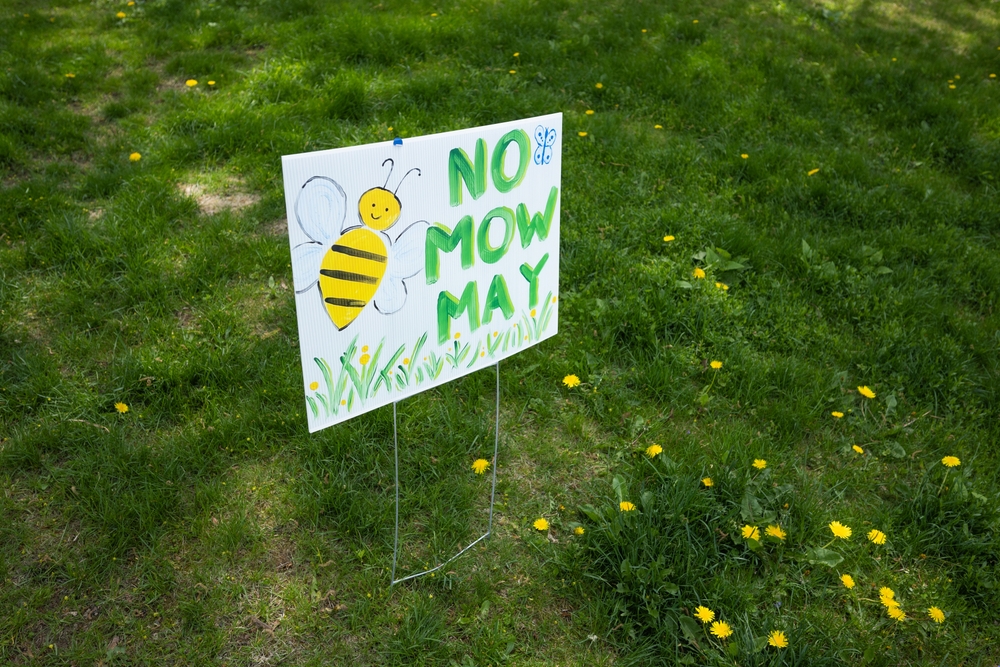Air pollution has long been linked to health issues, especially asthma. Coal-fired power plants are a definitive source of air pollution. But it’s been difficult for scientists to attribute respiratory problems of people living near coal specifically to those coal plants because a host of other factors come into play.
But after four coal-fired power plants in Louisville, Kentucky, either retired the use of coal or were retrofitted with strict emissions controls, local asthma-related hospitalizations dropped, and individuals even used their inhalers less frequently—showing the impact an abrupt drop in coal-related emissions can have on people’s health.
The findings come from a study published in Nature Energy this week by Columbia University, Harvard, the Louisville Metro Department of Public Health and Wellness, Propeller Health, and others. Propeller Health, a subsidiary of medical equipment company ResMed, makes digital inhaler sensors to help people better manage their asthma. In 2012, the city of Louisville partnered with Propeller for a pilot called AIR Louisville, enrolling residents in a program to use these sensor-enabled inhalers and then using that data to understand how the local air quality impacts those with respiratory disease.
Between 2013 and 2016, when four coal plants near Louisville had a change in emissions—one switched to natural gas, while three others installed sulfur dioxide scrubbers, which remove CO2 emissions from the coal plant exhaust—researchers saw the opportunity to take advantage of a natural experiment.
In 2015, when three of those four coal-power plants changed their operations, the researchers saw a 55% drop in coal-related emissions in Jefferson County, Louisville’s largest county. That change resulted in about three fewer asthma-related hospitalizations and emergency department visits per Jefferson County zip code per quarter the following year—or about 400 avoided hospitalizations and emergency department visits annually. If that doesn’t back up the case for closing more coal plants, then we don’t know what will.











